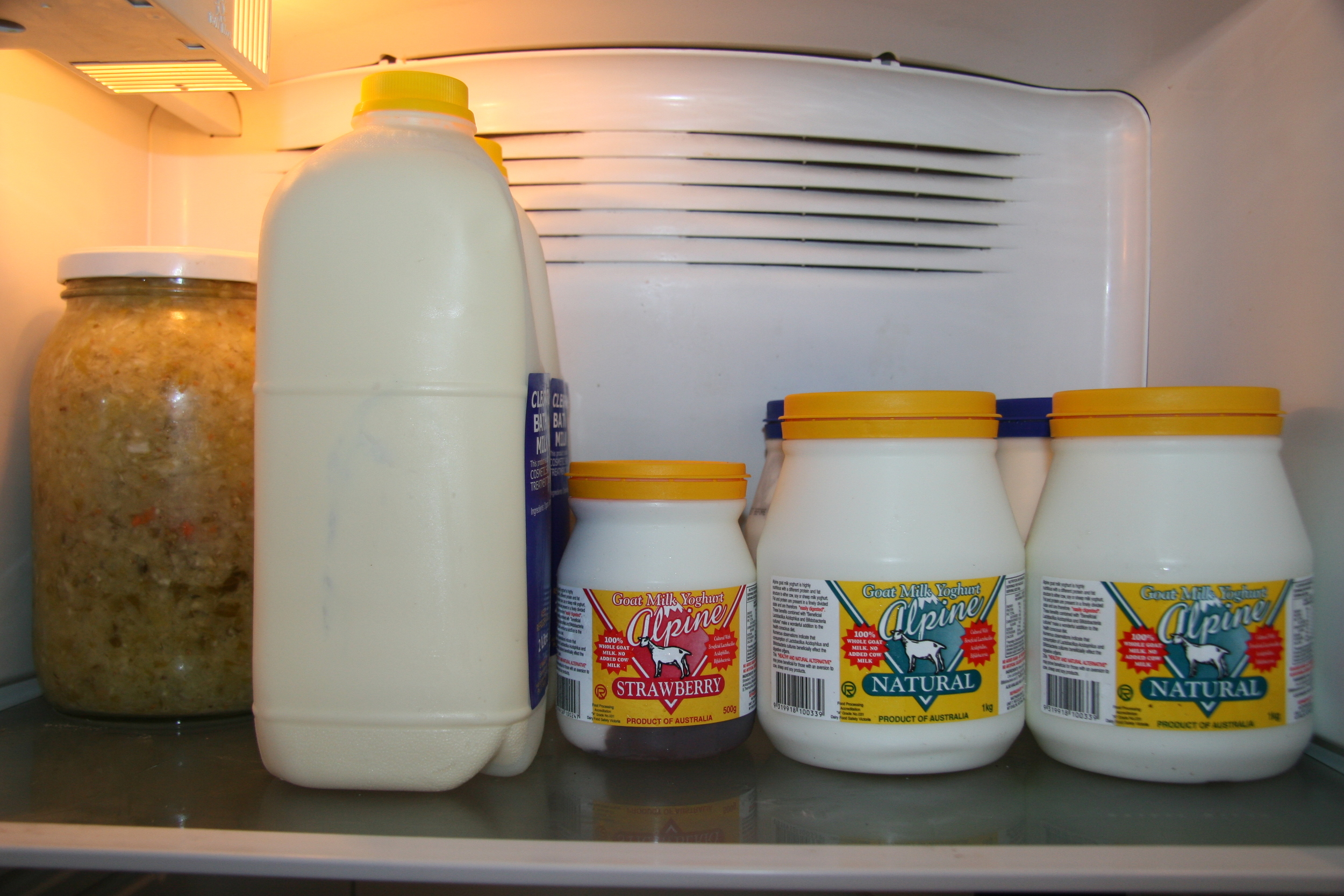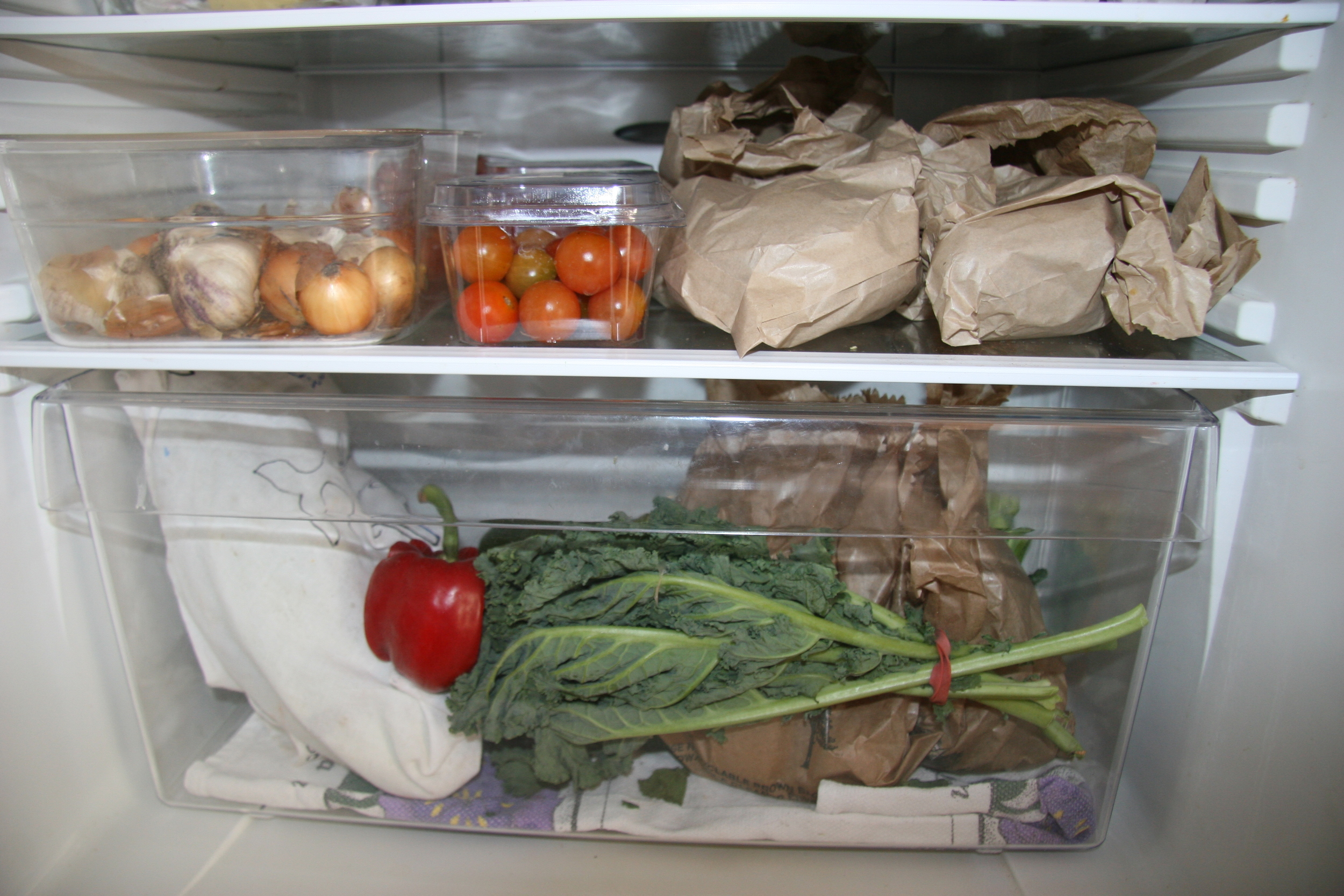Bone-broth cooking class: Thursday 21 February
 I aim to run 1 cooking class per month this year. First cab off the rank is my favourite nutrient-dense food on the planet that I think we all should consume daily: bone broth (otherwise known as stock). Why? Here are a few reasons why broth is my and my family's foundation food:
1. broth should be consumed whenever muscle meat is consumed. This is because methionine from muscle meat can only fulfil its essential functions in the body in the presence of glycine that can be found in the skin, bones, connective tissue and organ meats of animals. Modern diets provide abundant quantities of methionine-rich muscle meats while bone broths have fallen by the way side. The result of this imbalance is that excess methionine in diets rich in muscle meat generates toxic byproducts which is likely to contribute to reduce longevity, cardiovascular and other chronic disease. I am NOT saying that we shouldn't eat muscle meat, but that we need to team it with broth or some other glycine rich food. An excellent article detailing the science behind this is written by Chris Masterjohn PhD and can be found in the Weston A Price Wise Traditions journal 2012, Vol 13, No 3, P 15. This shows us that nutrients often cooperate with one another to produce vibrant health.
I aim to run 1 cooking class per month this year. First cab off the rank is my favourite nutrient-dense food on the planet that I think we all should consume daily: bone broth (otherwise known as stock). Why? Here are a few reasons why broth is my and my family's foundation food:
1. broth should be consumed whenever muscle meat is consumed. This is because methionine from muscle meat can only fulfil its essential functions in the body in the presence of glycine that can be found in the skin, bones, connective tissue and organ meats of animals. Modern diets provide abundant quantities of methionine-rich muscle meats while bone broths have fallen by the way side. The result of this imbalance is that excess methionine in diets rich in muscle meat generates toxic byproducts which is likely to contribute to reduce longevity, cardiovascular and other chronic disease. I am NOT saying that we shouldn't eat muscle meat, but that we need to team it with broth or some other glycine rich food. An excellent article detailing the science behind this is written by Chris Masterjohn PhD and can be found in the Weston A Price Wise Traditions journal 2012, Vol 13, No 3, P 15. This shows us that nutrients often cooperate with one another to produce vibrant health.
2. the gelatin in the broth aids in digestion (a must for anyone with digestive issues)
3. the collagen in broth builds and repairs joints, cartilage, ligaments and tendons (a must for athletes, anyone with osteo-skeletal issues and sporting injuries)
4. the collagen in broth is a kind of rejuvenating youth serum, making your skin glow and look years younger (this is why I like to say that bone broth is my botox)
5. broth makes everything more flavoursome (from smoothies to casseroles to soups, jellies and sauces)
6. broth is immune-building and fortifying (a must for young kids, anyone who frequently succumbs to flues and infections, or aspires to have a bullet-proof immune system)
7. broth is a great source of protein, healthy saturated fats from pastured animals and a multitude of micronutrients that we need to function and perform our best. People who regularly consume broth report feeling stronger with more energy (myself included).
So a diet rich in pastured meats, veggies, fruit, eggs and whole dairy is really only half the picture. I believe that for really robust health and longevity we need to place bone broths, organ meats (eg pate) and lacto-fermented foods (like sauerkraut and kefir) center stage and make them a staple rather than a once in a blue moon delicacy. Broths were a staple in all traditional cultures. Remember the wholefoods principle- the whole of the animal (including the bones and organ meat) should be consumed. In fact our hunter-gatherer ancestors and people in traditional societies prized the bones and the organ meats of an animal over and above the lean muscle meat. Most people in modern society simply don't consume home-made broth on a regular basis. Here's your opportunity to kick-start the new year by learning how.
Cost of the cooking class is $60 per person and includes:
Please feel free to forward to any friends or family members.
For more information on the benefits and uses of bone broth refer to one my earlier blogs here.
Other cooking classes/workshops proposed for the remainder of the year include:
* March - raw meats (wild salmon Ceviche, steak tartare, beef carpaccio) * April - snacks and desserts * May - Growing Healthy Babies...Naturally workshop (to be held at yoganic yoga studio) *June - casseroles *July - chicken liver pate * August - catering for a junk-free kids birthday party * September - home-made condiments (mayonnaise, tomato sauce, Tzatziki and other dips) and vegetables * October - lacto-fementation workshop * November - fat loss /general Q&A /community discussion







